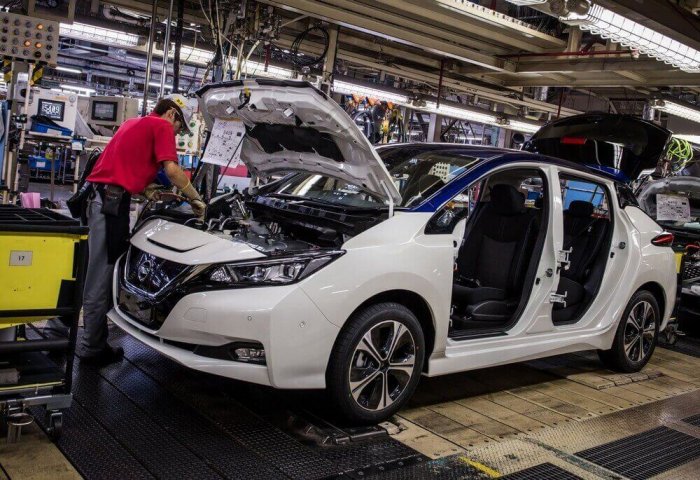The global chip shortage during the COVID-19 pandemic led to the occasional disruptions and even halt in production by many automakers. The shortage compounded by the increase in raw material prices and supply chain disruptions resulted in the decrease of automobile supply in Europe by 11% in one year.
These setbacks not only led to price increases for new cars but also for used vehicles.
As per AutoScout24, the largest pan-European online car market, the used vehicles have recently been obtained at a more expensive price. The data of Carfax, the vehicle history reports company, shows that the list price of used cars increased by 40% in the January-April period of this year compared to the same period of the last year. According to the British automobile association The AA, used car prices in the UK saw a year-on-year increase of around 30% last year.
These setbacks also delayed the rollout of new technologies in automobiles.
New technologies such as upgraded touch screens and adjustable seats, which were expected and announced in new cars, have been delayed. Such technologies, which many car drivers are eagerly waiting for, will not roll out for soon.
The semiconductor chip shortage and supply chain disruption have also forced many automakers to remove certain features from their new vehicles.
For example, customers who will buy the new Chevrolet or GMC models will not be able to benefit from features such as heated seats or HD radio. Satellite navigation, which has become common in almost all vehicles, will not be installed in new Nissan and Ford cars. The German luxury brand BMW has temporarily removed touchscreen functionality from some of its models.
Hands-free driving, which is one of the newest technologies, and wireless phone charging, which is found in almost all new models, are among the feature that manufacturers removed to save resources.
The failure to address the chip shortage pushed the countries to different solutions. The European Union countries and Turkey look to launch chip production, while the United States and Japan aim to increase chip production.
Experts expect car prices to stabilize by mid-2023. Both the increase in chip production and the improvement in the supply chain will restore car production.
Therefore, after the supply-side problems are resolved, the upward dynamic in prices will also stop.
Nurmyrat Mommayev,
PhD Candidate at Marmara University's Department of Political Science and International Relations in Istanbul, Turkey


















